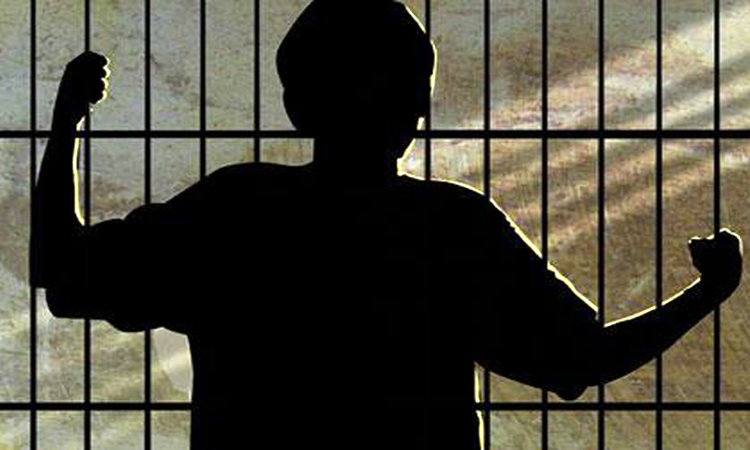Kerala High Court Issues Guidelines To Ensure Minors Are Not Mistakenly Tried As Adults
Manju Elsa Isac
13 Dec 2024 10:03 AM IST

Next Story
13 Dec 2024 10:03 AM IST
The Kerala High Court, while handling a case in which two juveniles were tried and punished as adults, issued a set of directives to investigating agencies and the district judiciary to prevent such occurrences in the future.The officer arresting the accused shall ensure his age by verifying any authentic documents like Matriculation or Equivalent Certificate, Date of Birth Certificate from...
